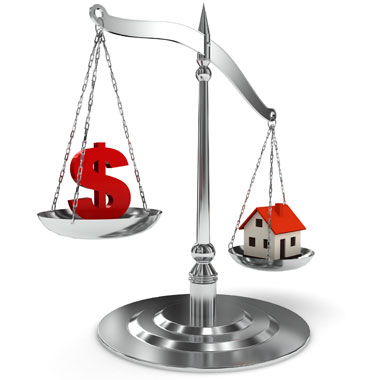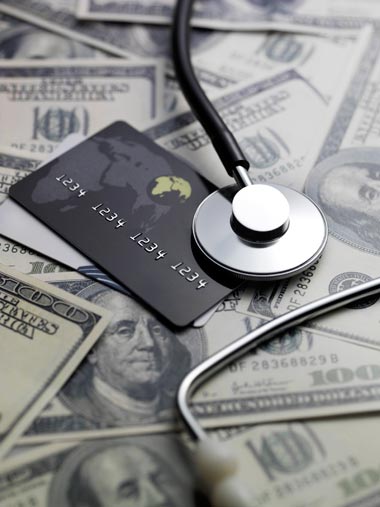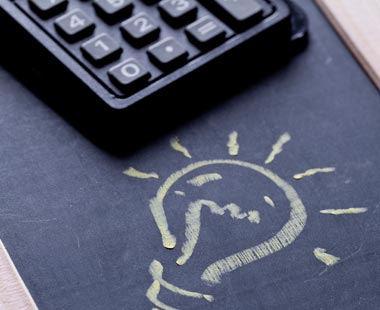Filing Chapter 13
Bankruptcy Law
What Is Chapter 13 Bankruptcy?

CHAPTER 13 BANKRUPTCY is a terrific option for individuals with high income or who are behind on mortgage payments. Chapter 13 bankruptcy is a complete bankruptcy, but the process is different than that of a chapter 7 bankruptcy.
It is often called the repayment plan bankruptcy. This is because you will make monthly payments to the court over a 36-60 month period. These payments are approved by the court through what is called a chapter 13 plan. Once approved by the court, the creditors have to accept the plan to resolve the debts.
A chapter 13 bankruptcy can be filed individually or jointly with a spouse. As soon as you file for chapter 13 bankruptcy protection, the court’s automatic stay goes into effect and protects you from any collection activity. Most of your legal fees will be deferred and paid out of your monthly payment to the court.
Medical, Credit Card, And Other Unsecured Debt

UNSECURED CREDITORS are those creditors that do not have a security interest in your property. This means that if you default on a payment, the creditor does not have the right to automatically repossess your assets. Prime examples include medical bills, credit card debt, and personal loans.
All unsecured creditors must pursue a lawsuit against you in order to collect the balance due. In a chapter 13 plan, the unsecured creditors are usually paid pennies on the dollar to settle the obligation in full.
The only real entitlement is to ensure that unsecured creditor recover through a chapter 13 plan what the creditor would have received if you filed for chapter 7 bankruptcy. Attorneys and lawyers can easily make this determination for you. At the completion of the case, any unpaid balances owed to unsecured creditors are discharged. This means that you do not owe the balance and the creditors are permanently enjoined from collections on the obligations.
Your Home Or Your Car
SECURED CREDITORS are those creditors that have a security interest in your property. Therefore, upon default of the payments, secured creditors have the right to take back the property that you gave up as collateral.
The most common secured creditors are mortgages on real estate and automobile loans. If your goal is to keep the property that you gave up as collateral, you can make your monthly payments through your bankruptcy plan.
You can often make up delinquent payments through your plan, so that you can retain your home or your car. In some cases, an experienced attorney can even strip liens off of secured assets, or modify the repayment terms. Chapter 13 is a terrific option for someone looking to keep a house, especially if behind on payments.
The Chapter 13 Plan

THE CHAPTER 13 PLAN PAYMENT is the biggest part of the case. Establishing the plan payment is a very complex configuration that should only be done by an experienced attorney.
However, the plan generally must be enough to cover your ongoing monthly secured obligations, the missed payments on secured debts, legal fees, trustee costs, surplus income, and an amount to provide unsecured creditor what they would have received if you filed a chapter 7 case.
- Bankruptcy overview
- Chapter 7
- Chapter 13
- Income
- Non-Dischargable
- Student Loan
- Wait to File
- Debts
- Credit Repair
- Home Ownership
- Lawsuit Protection
- Wage Garnishment
- Tax Relief
- Vehicles
- Bankruptcy and Payday Loans in Ohio
- Bankruptcy Discharge Reinstatement Fees
- Bankruptcy Trustee
- Best Bankruptcy Attorney
- Why Use Bankruptcy Lawyer
- Avoiding Mortgages and Judicial Liens Through Bankruptcy in Ohio
